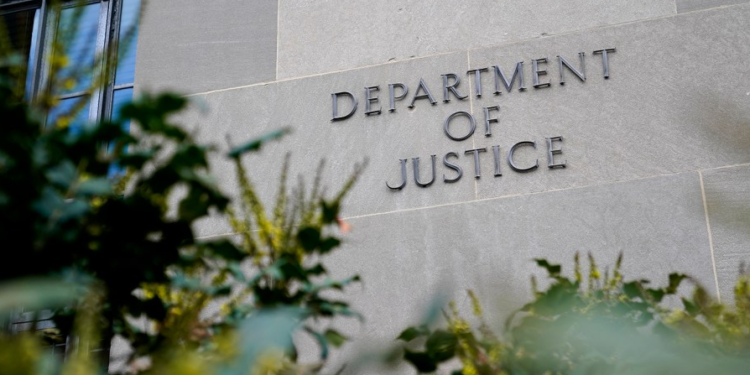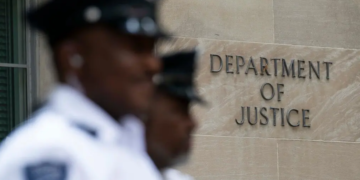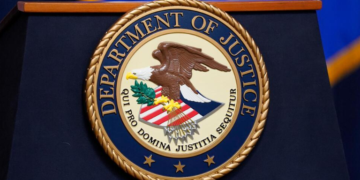Jan 7, 2025 Story by: Editor
The Minneapolis City Council has unanimously approved an agreement with the federal government to reform the city’s police training and use-of-force policies in response to the 2020 killing of George Floyd.
The 171-page agreement, filed in federal court after the council’s 12-0 vote, builds on changes the Minneapolis Police Department has implemented since Floyd, a Black man, was murdered by a white officer. The document emphasizes that officers must prioritize “the sanctity of human life,” act with professionalism and respect, and avoid letting race, gender, or ethnicity influence their decisions, particularly regarding the use of force.
Known as a consent decree, the agreement places the police department under long-term court supervision. Negotiations for the decree began after the Department of Justice’s 2023 report condemned the department for systemic racial discrimination, unconstitutional practices, and neglect of detainees’ safety. The report, which followed a two-year investigation, revealed patterns of excessive force, including “unjustified deadly force,” and violations of free speech rights.
“George Floyd’s death was not just a tragedy; it was a galvanizing force for the city and the nation,” said Assistant Attorney General Kristen Clarke, head of the Justice Department’s Civil Rights Division, during a news conference. “This consent decree provides a roadmap for reform that can help Minneapolis heal while fostering trust between law enforcement and the community.”
An independent monitor will oversee the reforms, pending court approval. Officials are optimistic the process will advance swiftly.
Council President Elliott Payne thanked the community for its patience and unity, calling the agreement the start of a long journey. “Our success will only be realized when we all work together on what is arguably one of the most important issues in the life of our city,” Payne stated after the vote.
Council member Robin Wonsley, however, expressed concerns about the incoming Trump administration’s commitment to the agreement, emphasizing the need for local political accountability. “Having a federal consent decree is valuable for police reform, but it will take local political will to ensure its implementation,” Wonsley said.
The agreement complements a similar 2023 state court-approved consent decree between Minneapolis and the Minnesota Department of Human Rights. That decree followed a state investigation that identified a decade-long pattern of racial discrimination in the city’s policing practices.
Kristen Clarke noted that Minneapolis will be the first city to operate under both federal and state consent decrees, a move she believes will serve as a model for other cities. “Thirty years of experience with such agreements demonstrate their ability to drive meaningful progress toward better, safer, and lawful policing,” Clarke explained.
Minneapolis Police Chief Brian O’Hara, hired in 2022 for his expertise in implementing consent decrees, pledged that the department would exceed expectations. “We will make change real for people on the street,” O’Hara said. “Minneapolis will become a place where everyone feels safer, and they know the police will have their back.”
Mayor Jacob Frey also voiced confidence in the department, urging officers to embrace the reforms. “You have the ability, the obligation, and the responsibility to set the tone,” Frey said. “Show the rest of the world what good constitutional policing looks like.”
The Minneapolis agreement is part of a broader push for police reform across the U.S., with the Justice Department currently overseeing 16 similar agreements. Other cities, including Seattle, New Orleans, Baltimore, Chicago, and Ferguson, Missouri, have entered consent decrees, and additional agreements are pending in Louisville and Memphis.
While consent decrees often require years and significant investment, proponents believe they lead to lasting change. “We showed in Newark that consent decrees can deliver meaningful results,” O’Hara said. “We are committed to doing the same here in Minneapolis.”
Source: WFMJ
















